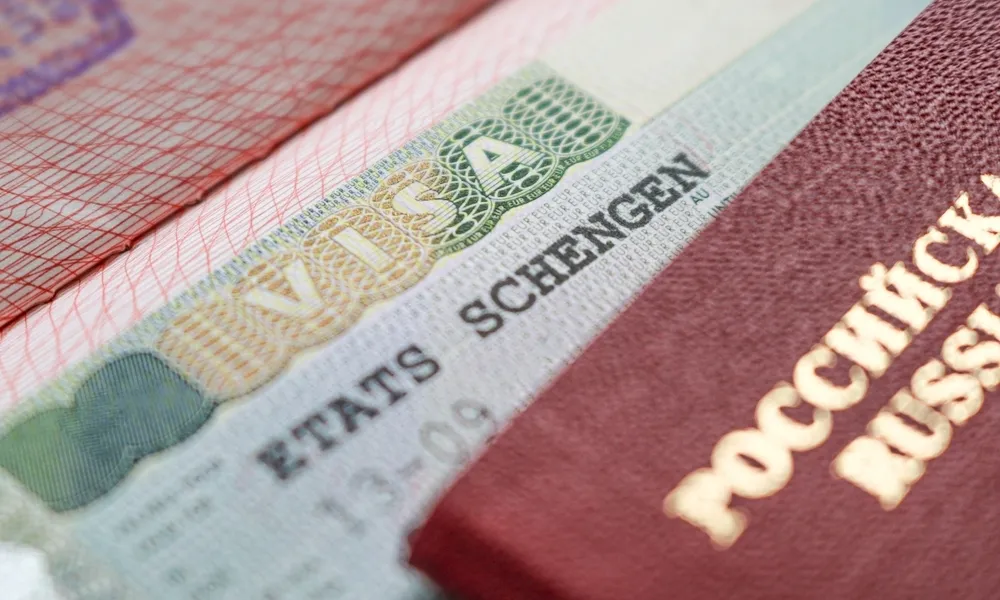The European Commission has adopted stricter visa rules for Russian nationals, citing the security risks linked to the war in Ukraine. Executive Vice-President Henna Virkkunen said: “Russia's illegal and unprovoked war of aggression against Ukraine continues to pose a serious threat to European security, with heightened risks related to sabotage, disinformation and drone incursions in the Union.
“The EU has consistently tightened entry conditions for Russian nationals since the onset of this illegal aggression. By further restricting visa rules, we are taking an additional and necessary step to safeguard the security of the European Union and its citizens.”
High Representative Kaja Kallas added: “Russia's illegal invasion of Ukraine has created the most dangerous security environment in Europe for decades. We now face unprecedented drone disruptions and sabotage on our soil. We have a duty to protect our citizens. Stricter rules will now apply to Russian nationals requesting a visa to travel to the EU. Travelling to and freely moving within the EU is a privilege not a given.”
Commissioner for Internal Affairs and Migration Magnus Brunner underlined that Russian visa applications will be subject to “enhanced verification procedures and elevated levels of scrutiny,” a move he said will “contribute to the integrity and security of the Schengen area.”
What changed
Multiple-entry visas for Russian nationals are discontinued, so each trip will require a fresh application and closer checks. Limited exceptions remain for narrowly justified cases such as independent journalists and human rights defenders. The decision follows a joint assessment by Member States and unanimous approval in the Visa Committee.
According to the Commission’s data, cited by CNA, the EU has already drastically reduced the number of visas issued to Russian citizens since Russia’s invasion of Ukraine in 2022, from 4 million per year to around 500,000. However, in certain member states such as Hungary, France, Spain, and Italy, a 10% increase has already been observed, as these countries continue to approve a large number of visas, prompting the Commission to reconsider the current visa policy for Russian nationals.
How this affects Cyprus
According to MFA spokesperson Theodoros Gotsis, the immediate impact on Cyprus should be limited. Cyprus already issues national multiple-entry visas that are valid only for entry to Cyprus, while multiple-entry visas issued by Schengen states allow travel across Schengen and, by alignment, entry to Cyprus under the applicable framework. In practice, Cypriot consulates will apply tighter scrutiny to applications in line with the Commission’s guidance.
Tourism picture
Officials say the flow of Russian visitors to Cyprus has already fallen dramatically since the war in Ukraine started, with the Commission’s latest decision not expected to make a significant dent on Russian arrivals to Cyprus.
